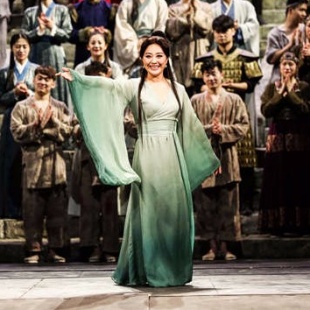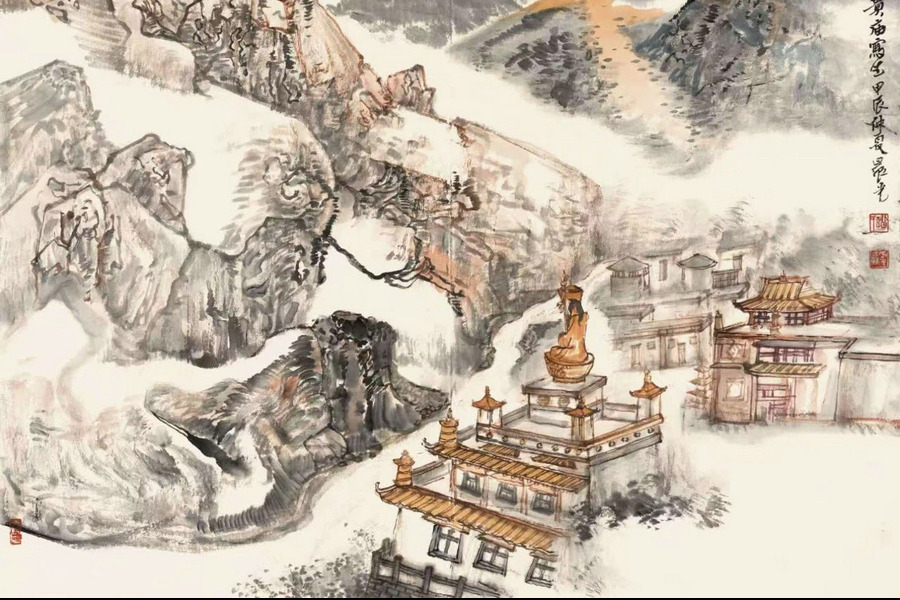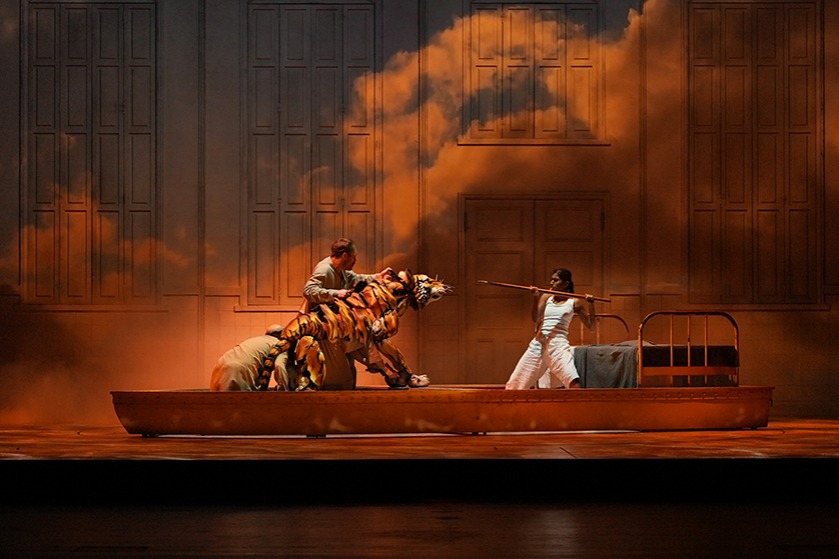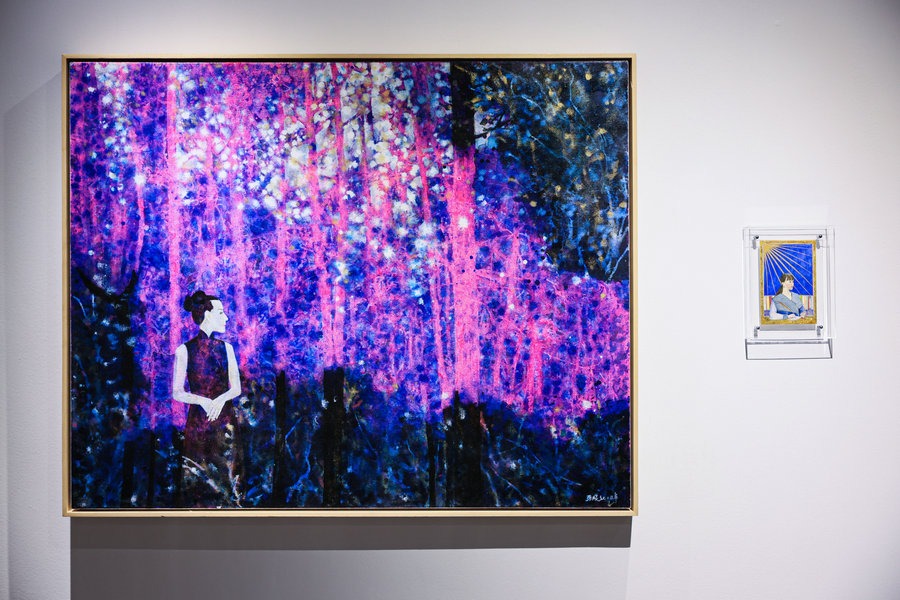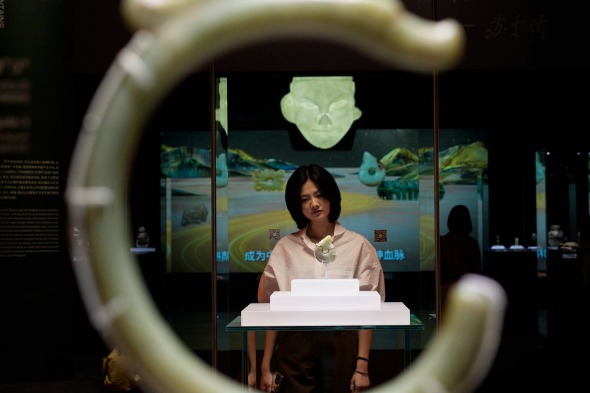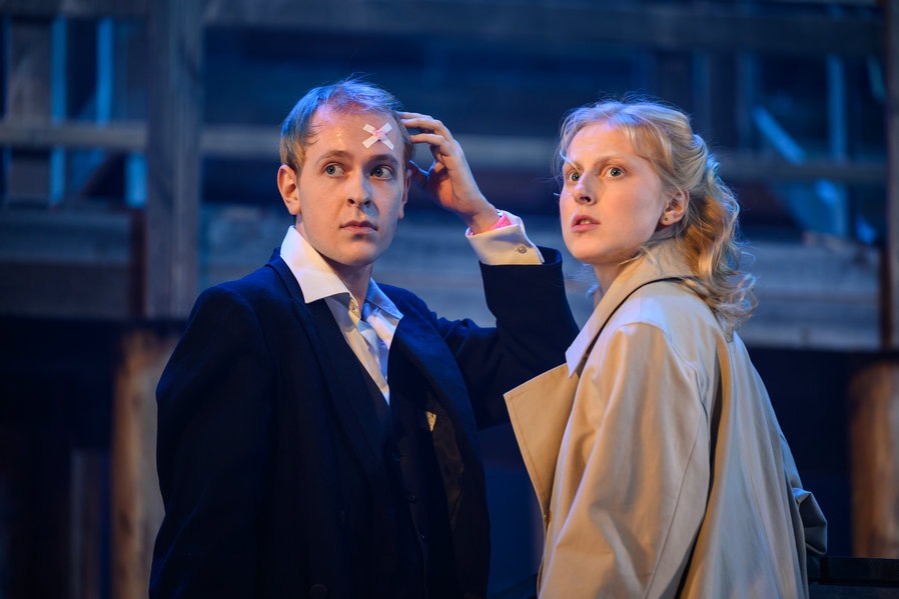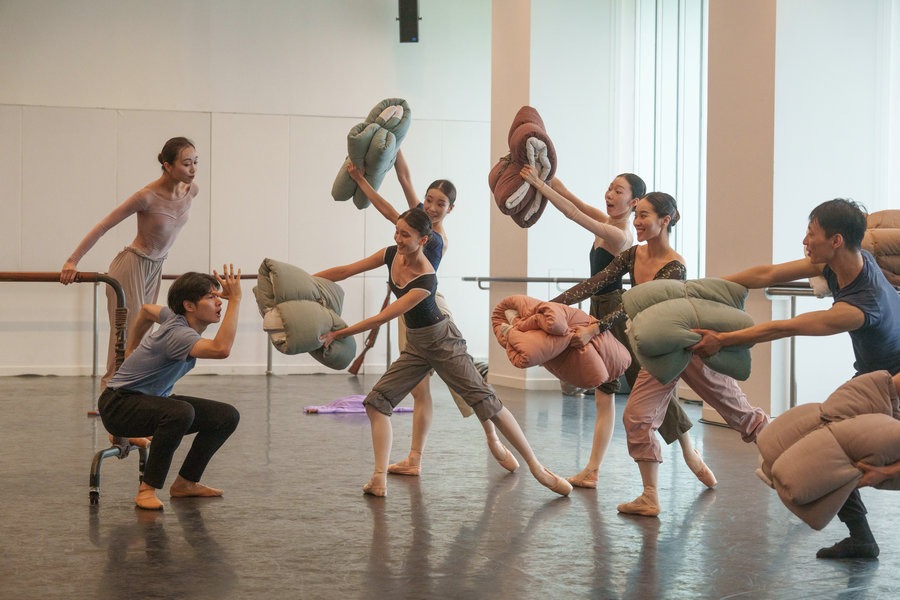Hitting the right note

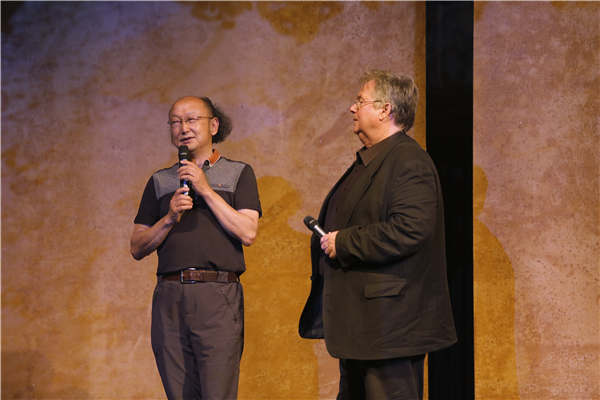
He says the subject of Marco Polo was also inspiring because "Marco Polo is a sign for connecting cultures".
"Besides the significance of composing completely for a Chinese opera, I believe that the opera delivers something more, that is, love and peace. It's especially meaningful now because there are so many wars and misunderstandings in the world," the composer adds.
The Chinese cast includes tenors Tian Haojiang and Zhao Ming as Kublai Khan, baritones Yuan Chenye and Wang Yunpeng as Wen Tianxiang and mezzo-soprano Liang Ning as Liu Niang.
Unlike the premiere in Guangzhou, which saw the Macao Symphony Orchestra perform under the baton of Tang Muhai, one of the most acclaimed Chinese conductors, the Tianjin Symphony Orchestra will join Tang when the opera is staged in Beijing.
"I have been traveling between the East and the West since the 1980s and I've been trying to bridge the different cultures through music. The process of making this opera, Marco Polo, has been a major effort of communication," says Tang.
According to Jiang Yimin, a professor at the Peking University Academy of Opera, unlike some Western opera houses, which are cutting budgets and losing audiences, especially from the younger generations, China's opera houses and theaters, such as the National Center for the Performing Arts and the Guangzhou Opera House, are thriving in their productions of original and classical operas.
In 2017, about 130 opera productions were produced in China, Jiang says.
"Now, with Marco Polo, which is a new landmark in the opera scene in China, more Western singers and composers will be interested in China, and audiences will also take a fresh look at original opera productions in the country," says Jiang.
If you go
7:30 pm, May 16 to 19 Tianqiao Performing Arts Center, 9 Tianqiao Nandajie, Xicheng district, Beijing. 400-635-3355


